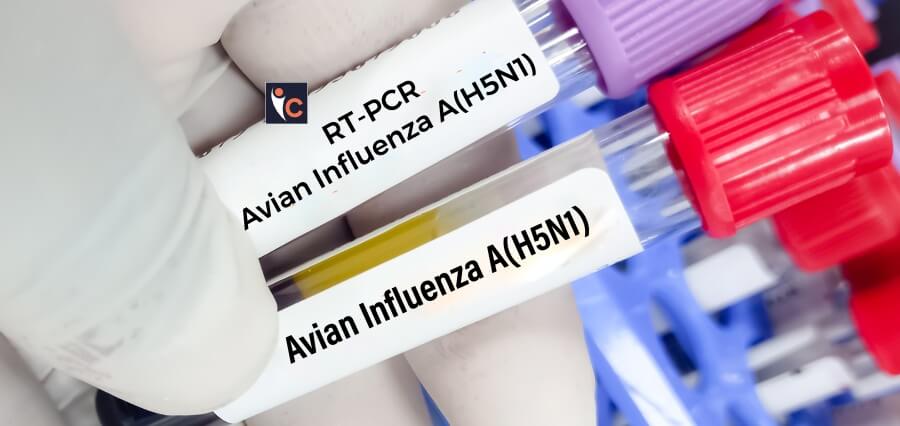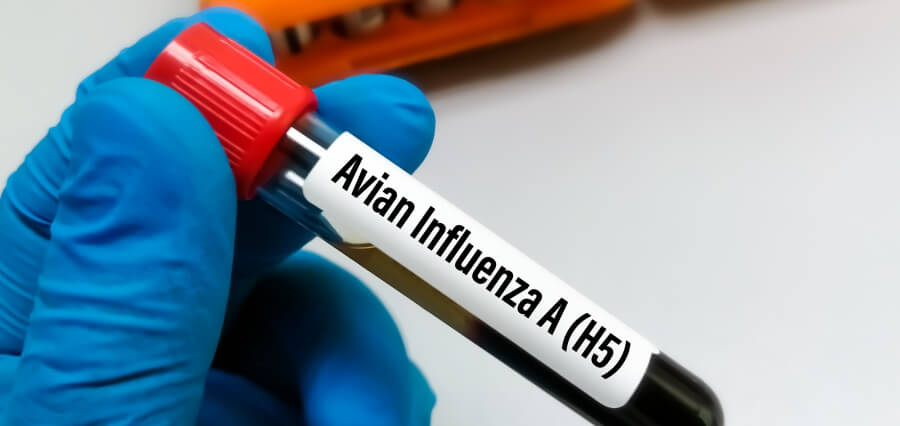The Federal Trade Commission (FTC) has reached an agreement with Amgen that will allow the company’s $27.8 billion acquisition of Horizon Therapeutics to proceed. The deal, which is Amgen’s largest ever, had faced a lawsuit from the FTC seeking to block it on antitrust grounds. As part of the agreement, Amgen is prohibited from bundling two of Horizon’s drugs, Tepezza and Krystexxa, which involves offering rebates or discounts on its existing products to pressure insurers and pharmacy benefit managers into favoring the Horizon products. Amgen will also need FTC approval to acquire any products that treat the same diseases as Tepezza and Krystexxa through 2032. Other requirements of the agreement will be effective for 15 years.
The agreement allows the acquisition to proceed, with the closing expected early in the fourth quarter of this year. It also results in the dismissal of federal suits seeking to block the merger by attorneys general for California, Illinois, Minnesota, New York, Washington, and Wisconsin.
This case highlights the continued scrutiny of large pharmaceutical mergers by regulatory agencies like the FTC. While the deal has been allowed to proceed with certain restrictions, it reflects ongoing concerns about antitrust issues in the pharmaceutical industry, especially when large companies acquire smaller ones.
The FTC has been actively challenging high-profile mergers and acquisitions, aiming to prevent practices that could lead to higher drug prices, reduced access, stifled innovation, or harm to patients. This regulatory environment underscores the importance of thorough antitrust evaluations for companies in the pharmaceutical and healthcare sectors.
| Read More news: Click here |









